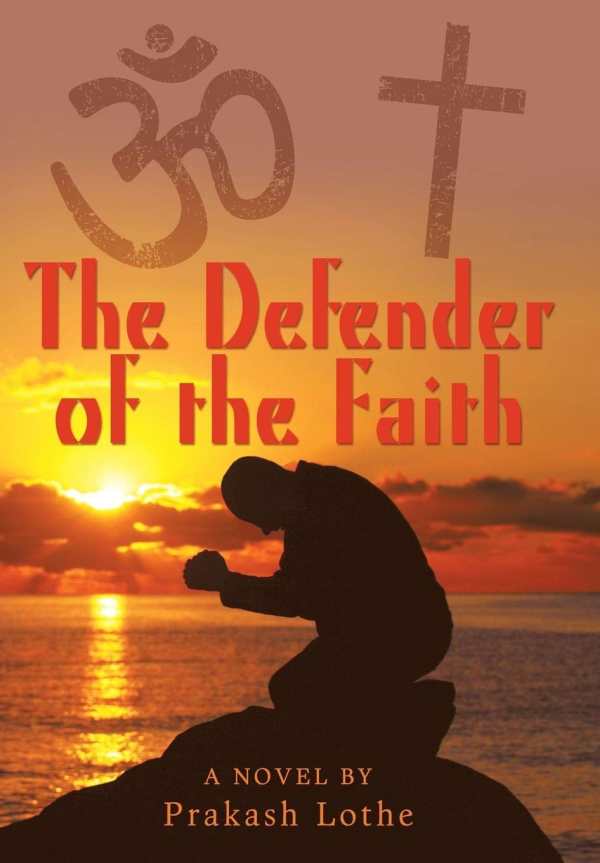
The Defender of the Faith
The Defender of the Faith is a compelling historical novel whose characters are caught in the tidal sweep of modernizing India.
In Prakash Lothe’s historical novel The Defender of the Faith, the social and political upheavals of the twentieth century are the compelling backdrop for a family story.
Shyam is the firstborn son in a large Brahmin family. His father is a respected Hindu scholar and local leader. After Shyam’s mother dies, his father marries a manipulative, spiteful woman, Kakee. Shyam becomes an outsider in his own home, treated like a servant by his stepmother and ignored by his father in favor of his new half-siblings.
Following Shyam from his difficult childhood into maturity, the novel comes alive with memorable characters. An uncle, aunt, and their children share the family home, and Shyam’s father’s status in the Hindu community obligates him to take in other members of the extended family and the orphaned children of a longtime servant. One of these children becomes Shyam’s devilish childhood nemesis, with scales rebalanced in their later years. Two widowed aunts—one through her bitterness, the other through her meekness—embody the loneliness and despair of women forced into dependence by harsh traditions. Meanwhile, Veemal’s lively companionship makes Shyam’s childhood bearable, and his ever-present but never-spoken love for her is a poignant, recurrent theme. Shyam emerges as kindhearted, intelligent, and feeling.
The writing is strong and economical throughout, using real events and interactions to develop the characters. When Shyam and Veemal head in different directions to continue their education, the canvas broadens to a wider view of India. The changes of the 1940s affect both characters, and pivotal events are woven into their story lines.
The rise of Gandhi and the country’s move toward independence exposes fault lines between the old order and the new, a theme that presages a rift that grows between Shyam and his father. Veemal falls in love with a charismatic pro-independence leader, while the partitioning of Pakistan ends Shyam’s friendship with a Muslim schoolmate and deepens the rift with his father.
The large cast, richness of characters, and details keep the story moving. Shyam’s fascination with Christianity threatens to push the story into musings on theology, but the book is quick to return to the larger theme of finding contentment between the conflicting goals of family expectations and personal desires. However, in the story’s final section, Shyam displays a sudden burst of callousness and selfishness that is out of character and that rushes the book to an ambiguous ending.
The Defender of the Faith is a compelling historical novel whose characters are caught in the tidal sweep of modernizing India.
Reviewed by
Susan Waggoner
Disclosure: This article is not an endorsement, but a review. The publisher of this book provided free copies of the book and paid a small fee to have their book reviewed by a professional reviewer. Foreword Reviews and Clarion Reviews make no guarantee that the publisher will receive a positive review. Foreword Magazine, Inc. is disclosing this in accordance with the Federal Trade Commission’s 16 CFR, Part 255.
